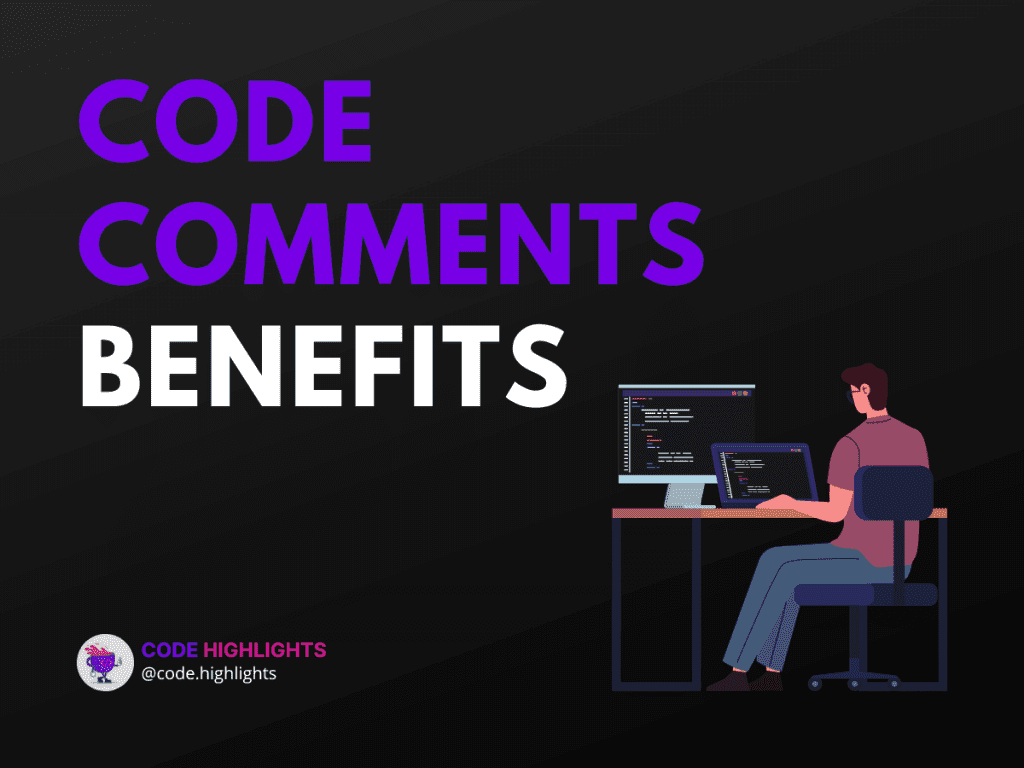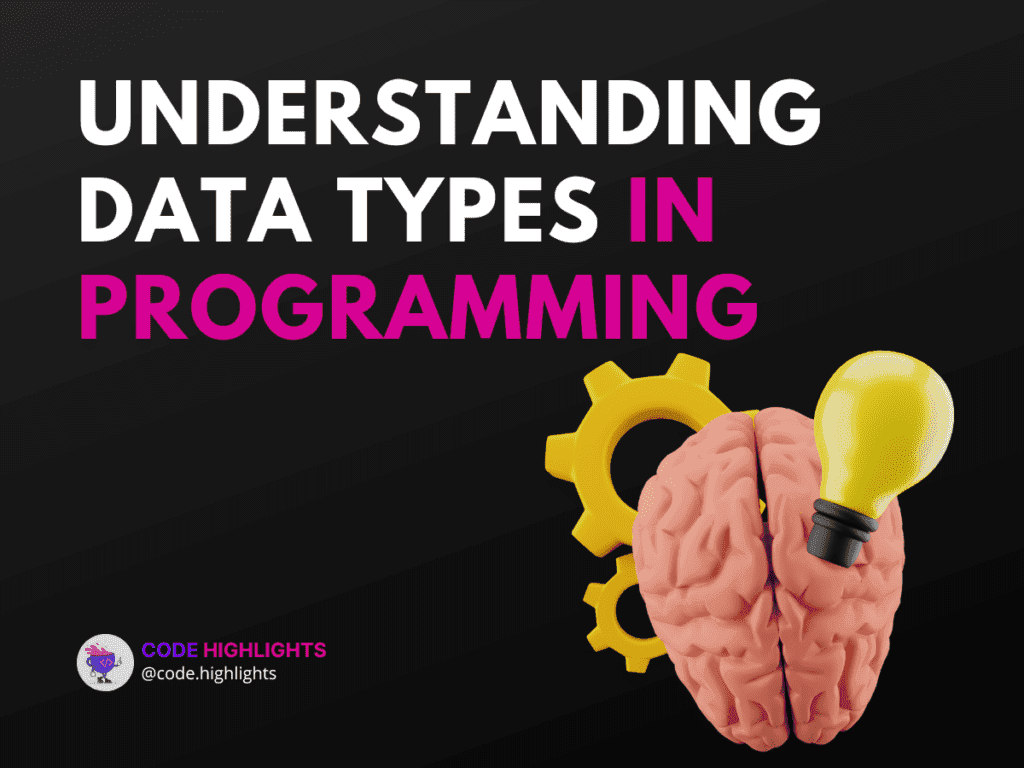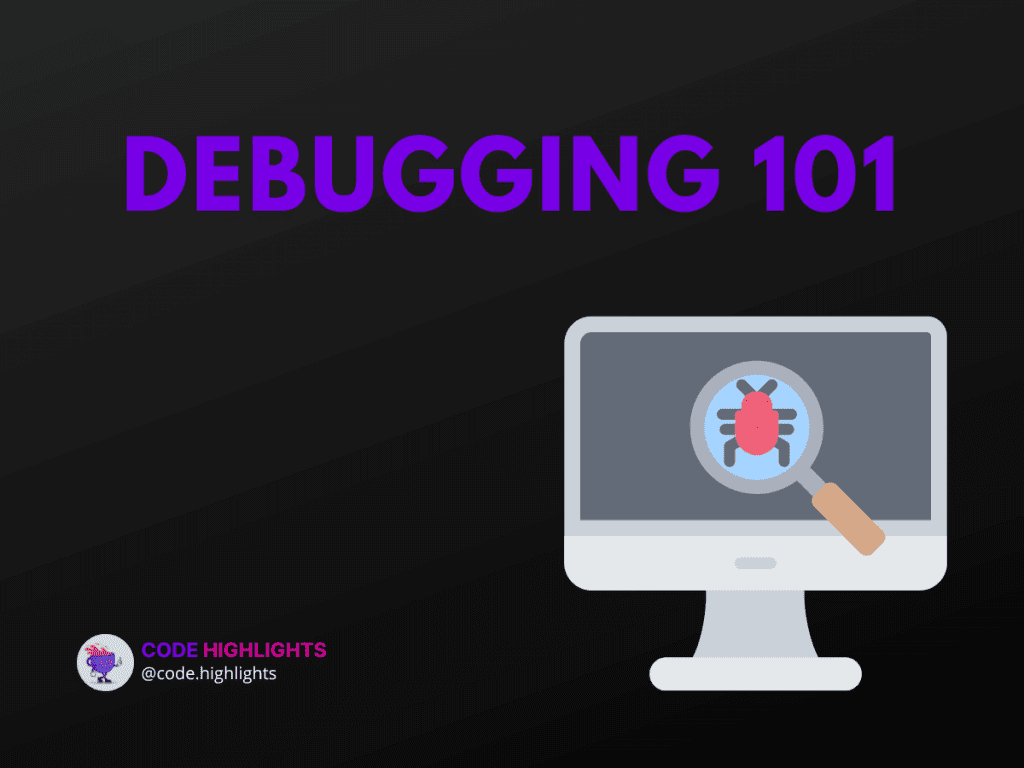7 Essential Laptop Features for Optimal Coding Performance
.png&w=1200&q=75)
- Top 7 Laptop Features for Coding
- 1. Processor
- 2. Memory
- 3. Storage
- 4. Display
- 5. Keyboard
- 6. Battery Life
- 7. Portability
- Conclusion
- Further Reading
As a programmer, having a laptop that fits your needs well can make you much more productive and make the whole process more enjoyable. When looking for a laptop to use for programming, there are many things to think about. Among the most important are the central processing unit (CPU), memory, storage, display, keyboard, and battery life. In this piece, we’ll go through the top 7 laptop features for coding that a programmer should look for.
Top 7 Laptop Features for Coding
1. Processor
.png&w=2048&q=100)
The speed of the computer’s processor is one of the most important things to think about when shopping for a laptop to use for programming. Your laptop’s CPU has a lot to do with how quickly and well it can do difficult coding tasks. Do what you can to get your hands on a laptop with a processor that has at least four cores and a clock speed of at least 2.5 GHz. This is how you get the most out of your setup. One can find some of the best processors for programming in the likes of Intel’s i5 and i7 CPUs and AMD’s Ryzen processors.
2. Memory
.png&w=2048&q=100)
When looking for a laptop to use for programming, memory, or RAM, is another important thing to think about. More random access memory (RAM) means that your laptop can temporarily store more data and programs. This means that you can have more than one coding project open at the same time without slowing down your laptop. You should try to find a laptop with at least 8 GB of RAM, but 16 GB is preferable if at all possible.
3. Storage
.png&w=2048&q=100)
Consider the available storage capacity while shopping for a laptop to use for programming. You’ll need as much (or as little) storage space as your different coding projects and the files they use need. A laptop with at least 256 GB of storage space is suggested while working on larger projects. Look for a laptop with a solid-state drive (SSD) if you believe one will serve your needs better than a conventional hard disk. Your laptop will be able to start up and load programs much more rapidly with a solid-state drive (SSD) because SSDs are much quicker and more reliable than conventional hard drives.
4. Display
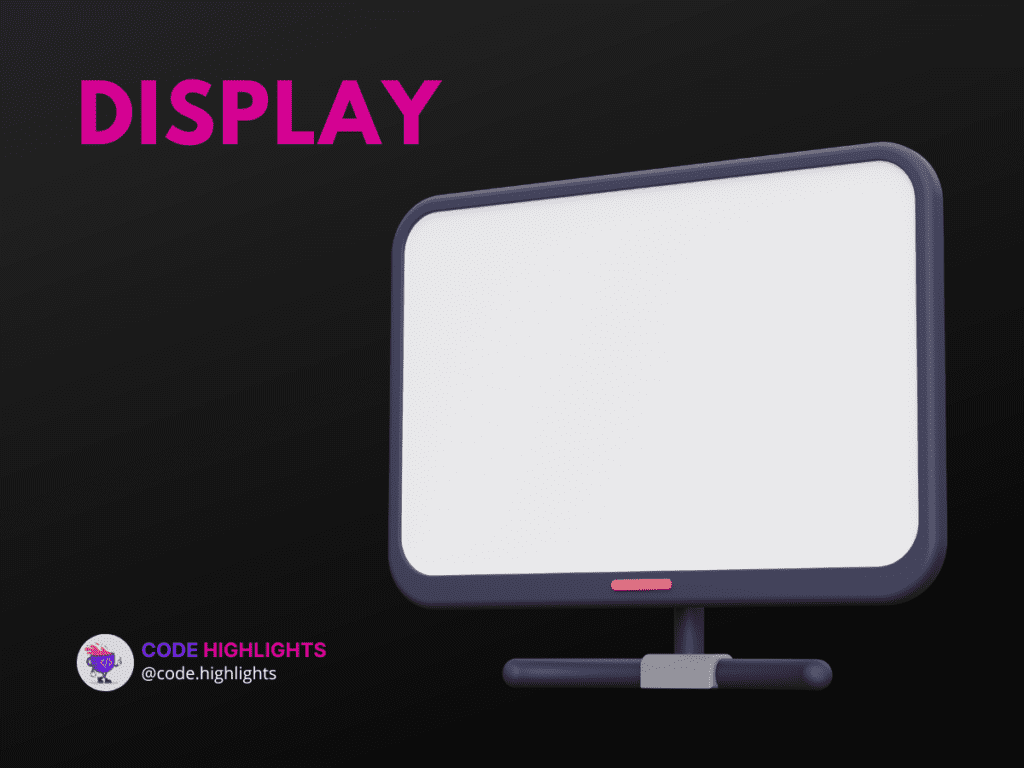
A programming laptop needs to have a powerful processor and enough memory, but the screen resolution is also very important. As a developer, you should pay close attention to the screen resolution so that you can easily read your code and any associated documentation. The recommended smallest size for a modern screen is 13 inches, and the largest size is 15. Display quality is also crucial, as a high-resolution screen will make your code easier to read. Laptops with a resolution of 1920 x 1080 or higher are recommended.
5. Keyboard
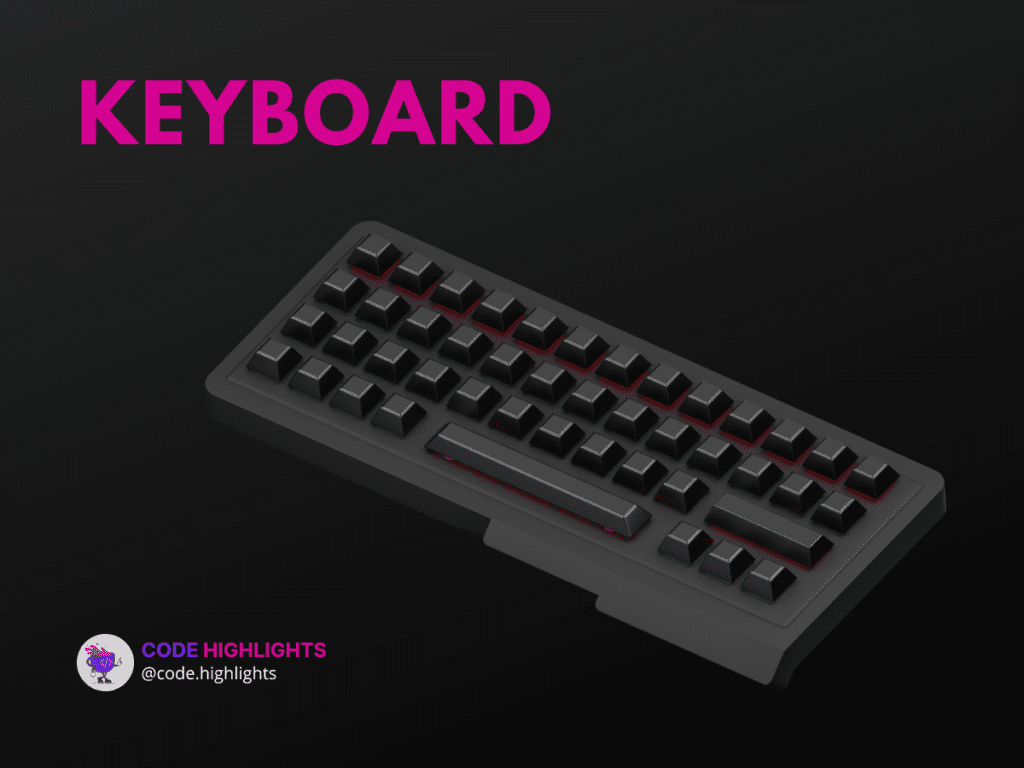
Even though it’s important, the keyboard is sometimes overlooked when looking for a laptop to use for coding. As a programmer, you’ll spend a lot of time typing, so it’s important to find a layout that suits you well and is easy to learn. If you spend a lot of time typing in low-light conditions, it may be worth it to invest in a laptop with a backlit keyboard. This will be a lot less taxing on your eyes. A laptop with a chiclet-style keyboard is an example of something that would make typing enjoyable.
6. Battery Life
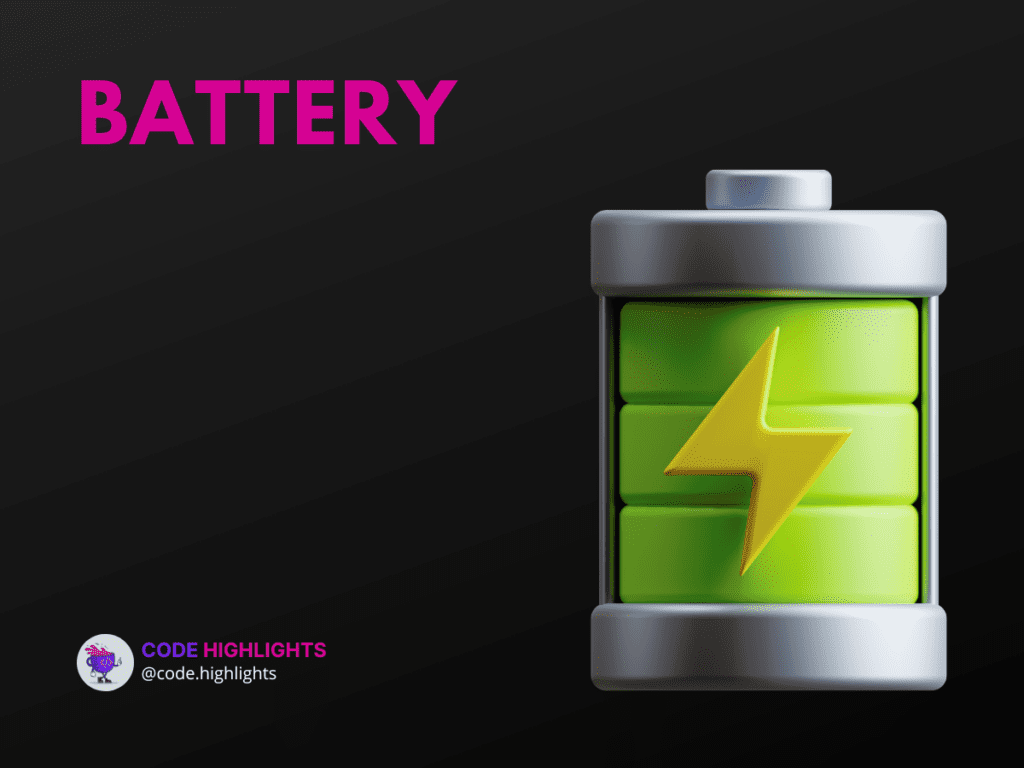
When looking for a laptop to use for programming, it’s also important to think about how long the battery will last. A laptop with a long battery life is ideal if you plan on performing any coding on the fly. The battery can keep you going for hours without the need for an outlet. The battery life of your laptop should last at least 8 hours; if it can last for 12 hours or more, that would be ideal.
7. Portability
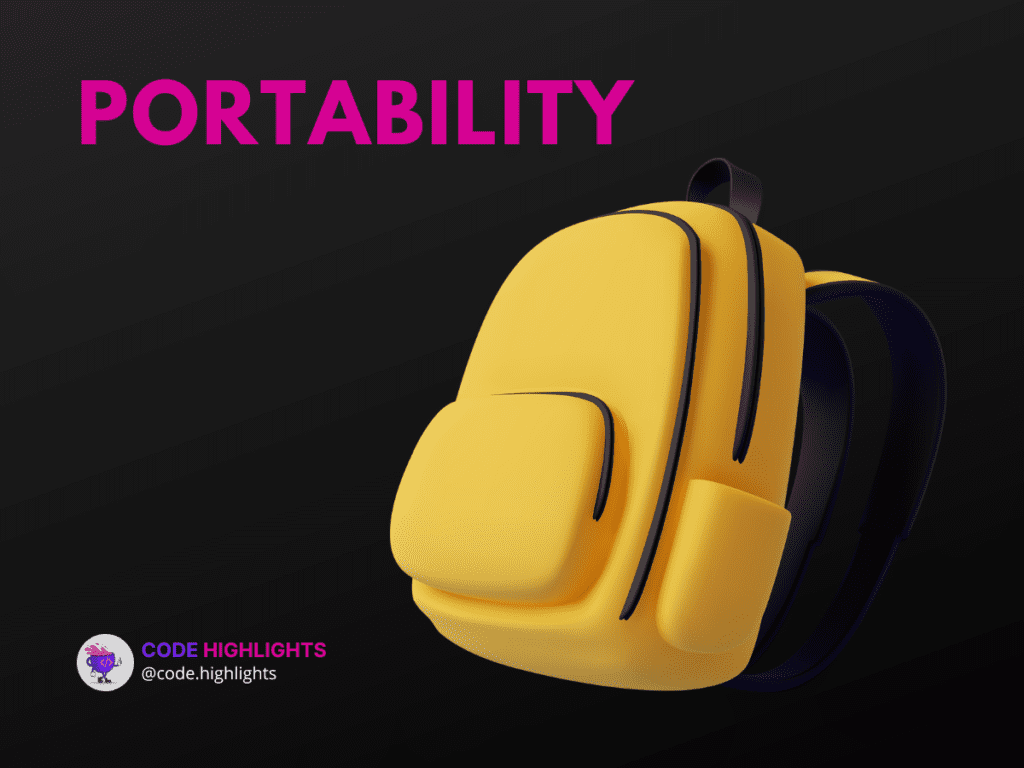
When looking for a laptop to use for programming, you need to make sure that you can easily move it from place to place. To be productive on the road, you’ll need a laptop that doesn’t weigh too much, is thin, and can be opened and closed with one hand. It will be much easier to carry your laptop around with you wherever you go if it is lightweight and compact. Look for a laptop with many connectors, such as USB and HDMI, so you can hook it up to other gadgets.
Conclusion
Final Thoughts Choosing the perfect laptop for coding needs careful consideration of several crucial variables. If you pay close attention to its processing speed, memory, storage capacity, display, keyboard, battery life, and portability, you may be able to find the best laptop for your coding needs. The quality of your coding experience is directly related to the quality of your laptop.
With any luck, you’ve learned enough from this article to confidently go out and get yourself the finest laptop for coding.
Further Reading
- Uncovering the highest-paying data science jobs: Here is how can you earn more!
- Asynchronous Programming: Understanding the Basics and Advanced Techniques
- Understanding and Using Data Types in Programming
- Why is Javascript so popular?
- Why Python is Popular Among Developers
- Docker 101: An Introduction to Containerization for Developers
Stay Ahead with Code highlights
Join our community of forward-thinkers and innovators. Subscribe to get the latest updates on courses, exclusive insights, and tips from industry experts directly to your inbox.

Related articles
5 Articles

Copyright © Code Highlights 2025.
